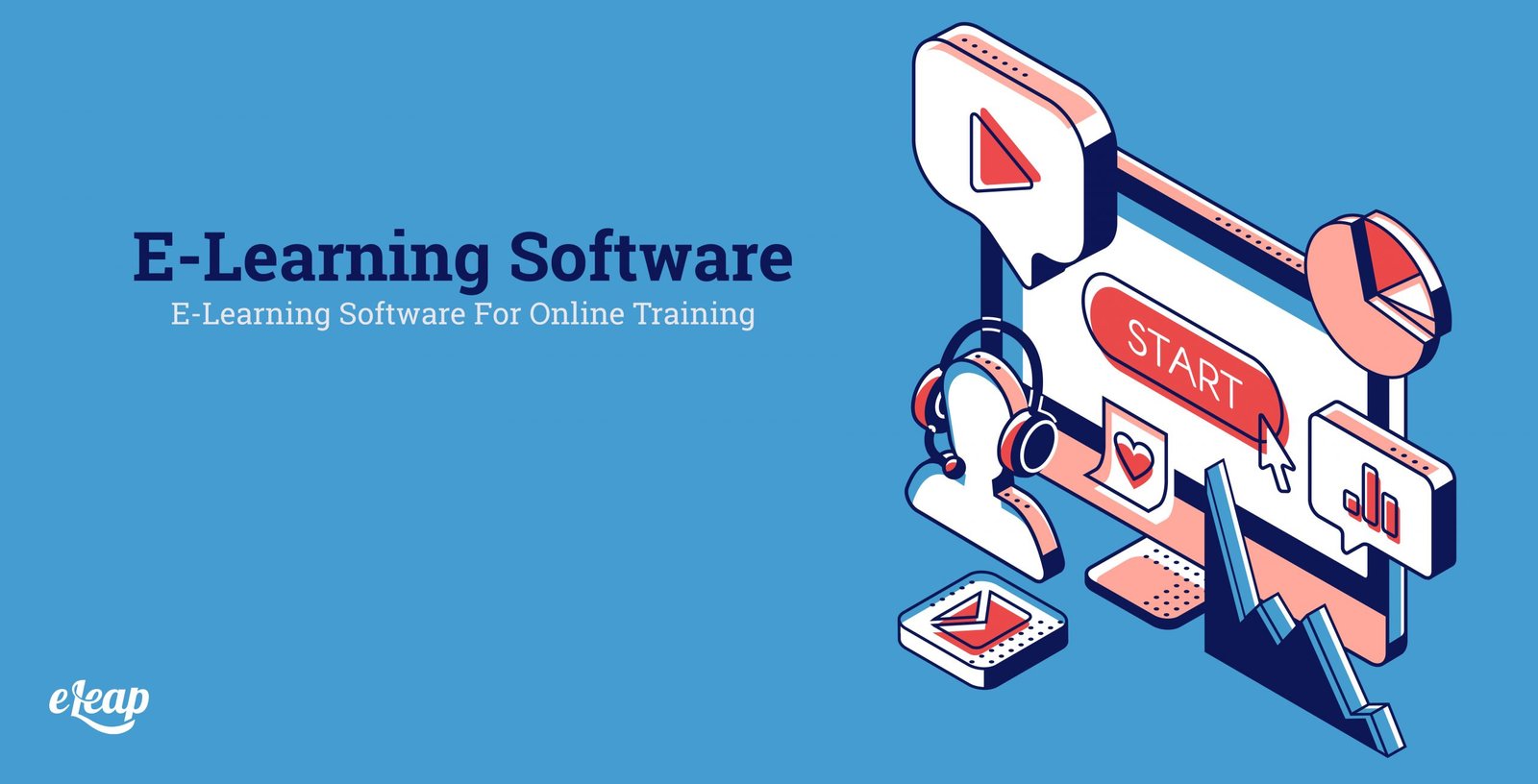American Sign Language (ASL) is a unique and expressive way of communicating through hand signs, facial expressions, and body language. It’s not just a means of communication for the Deaf and Hard of Hearing community but also a valuable skill for everyone. In a diverse and inclusive society, learning ASL opens doors to better understanding and connecting with others. With a growing emphasis on inclusivity and accessibility, ASL is becoming increasingly recognized for its importance in fostering communication across different groups. This blog explores the numerous benefits of learning ASL, from enhancing personal and professional interactions to enriching cognitive skills and promoting empathy.
Understanding American Sign Language
What is American Sign Language?
American Sign Language is a complete, natural language that has its own grammar and syntax, distinct from spoken English. It is used by the Deaf and Hard of Hearing community in the United States and parts of Canada. ASL uses visual-manual modality to convey meaning, utilizing hand shapes, movements, and facial expressions. Unlike a mere collection of gestures, ASL is a rich and complex language with its own set of rules and nuances. Learning ASL involves understanding not just the signs but also the cultural context and the way Deaf individuals use it in their daily lives.
History and Development of ASL
ASL has a fascinating history that dates back to the early 19th century. It began to take shape when Deaf communities in the United States started to develop a standardized form of sign language. The language was influenced by French Sign Language, brought by Laurent Clerc, a Deaf teacher from France, and local signs used by American Deaf individuals. Over time, ASL evolved into a distinct language, integrating elements from various regional sign languages and Deaf cultural practices. Today, ASL is recognized as a vital component of Deaf culture and continues to be a dynamic and evolving language.
Benefits of Learning ASL
Enhancing Communication Skills
Learning ASL significantly enhances communication skills by broadening the ways in which we can express ourselves. For individuals interacting with the Deaf and Hard of Hearing community, ASL provides a direct and effective method of communication. It eliminates the need for interpreters and can make interactions smoother and more personal. Additionally, ASL improves non-verbal communication skills, which are crucial for understanding and conveying emotions, intentions, and reactions. By mastering ASL, individuals can engage in more meaningful conversations and build stronger connections with others, enhancing both personal and professional relationships.
Career Opportunities and Advancement
Proficiency in ASL can open up a wide range of career opportunities. Many fields, such as education, healthcare, and social services, highly value bilingual skills in ASL. For instance, ASL interpreters are in demand in various settings, including schools, hospitals, and community organizations. Moreover, knowing ASL can give job seekers an edge in competitive fields by showcasing their ability to communicate with a broader audience. In professions where effective communication is key, such as counseling or social work, ASL skills can enhance service delivery and improve job prospects. Embracing ASL as a professional asset can lead to career growth and new opportunities.
Cognitive and Educational Benefits
Learning ASL also offers significant cognitive and educational benefits. As with any second language, learning ASL stimulates the brain and enhances cognitive functions such as memory, problem-solving, and critical thinking. Bilingual individuals often exhibit better multitasking abilities and improved attention to detail. Additionally, ASL can enhance learning in general by encouraging the use of visual and spatial reasoning skills. For students, learning ASL can support academic growth and provide alternative ways to process information. The mental exercise involved in mastering ASL contributes to overall intellectual development and cognitive resilience.
Fostering Inclusion and Empathy
One of the most profound benefits of learning asl is the promotion of inclusion and empathy. By learning ASL, individuals can engage more effectively with the Deaf community, showing respect and understanding for their language and culture. This fosters a more inclusive society where diverse needs and perspectives are acknowledged and valued. Moreover, learning ASL helps break down communication barriers, leading to increased empathy and compassion for those with different experiences. This deeper understanding of Deaf culture and experiences can lead to stronger, more supportive communities and greater social cohesion.
Practical Applications of ASL
Everyday Situations
ASL can be used in various everyday situations to facilitate communication and build connections. Whether at work, in social gatherings, or in public spaces, knowing ASL allows individuals to interact with Deaf and Hard of Hearing people more effectively. For instance, being able to communicate in ASL at a restaurant or during a public event can enhance accessibility and ensure everyone feels included. Additionally, ASL can be a useful tool for those who work in customer service, healthcare, or education, where interacting with a diverse range of people is common. The practical use of ASL in everyday life contributes to a more inclusive and accessible environment.
Community and Social Engagement
Learning ASL also opens doors to greater community and social engagement. By participating in Deaf culture and events, individuals can build meaningful relationships and contribute to the Deaf community. Engaging with Deaf cultural activities, such as Deaf theater or social gatherings, enriches one’s understanding of the community and fosters a sense of belonging. Moreover, knowing ASL allows for more active participation in social settings, making it easier to form connections and contribute to discussions. This social engagement not only enhances personal experiences but also supports the broader goal of creating a more inclusive society.
How to Get Started with Learning ASL
Finding Resources
Starting to learn ASL is easier than ever with the variety of resources available. Online courses and apps offer flexible and accessible ways to begin learning ASL from home. Many websites provide structured lessons, practice exercises, and video demonstrations. Additionally, local classes and community programs often offer opportunities to learn ASL in a classroom setting with experienced instructors. Libraries and community centers might also host ASL workshops or events. Choosing the right resource depends on individual learning preferences and goals, but there are plenty of options to get started on this rewarding journey.
Practicing and Improving Skills
To effectively learn and improve ASL skills, consistent practice is key. Engaging with native ASL users, whether through language exchange programs or community events, provides valuable real-world experience. Practicing signing with friends or joining ASL practice groups can help reinforce learning and build confidence. Additionally, watching ASL videos and practicing fingerspelling can improve both receptive and expressive skills. Setting achievable goals and tracking progress can also motivate continued learning. By integrating ASL practice into daily routines and seeking out opportunities for real-life application, learners can steadily improve their proficiency and fluency.
Conclusion
In summary, learning American Sign Language offers a multitude of benefits, from enhancing communication skills to opening up career opportunities and fostering inclusion. ASL enriches cognitive abilities and provides practical applications for everyday interactions and community engagement. With accessible resources and numerous opportunities for practice, getting started with ASL is both feasible and rewarding. Embracing ASL not only enhances personal growth but also contributes to creating a more inclusive and empathetic society. Whether for professional development or personal enrichment, learning ASL is a valuable and impactful endeavor.



